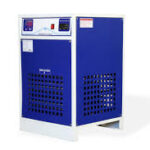Air Cooled Chillers
Air-cooled chillers operate by using airflow to cool down the refrigerant, preventing overheating. Unlike water-cooled chillers, which rely on water circulation, they are easier to install and maintain.
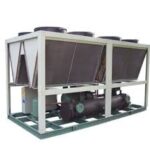
Water Cooled Chillers
Water-cooled chillers are designed to transfer heat from the refrigerant to water, offering efficient cooling solutions. They are commonly found in large commercial complexes and industrial
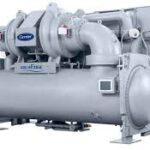
Screw Chillers
Screw chillers feature rotary screw compressors for handling large heat loads efficiently. They are ideal for both air conditioning and industrial cooling. These chillers ensure stable operation and energy savings.
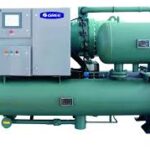
Variable Speed Chillers
Variable speed chillers are equipped with VFD-controlled compressors that modulate speed as needed. This minimizes energy waste and enhances system adaptability. They are perfect for varying cooling demands.
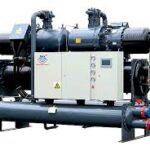
Oil Chiller
Oil chillers provide temperature control for lubricating oil in industrial settings. They prevent excessive heat and ensure smooth equipment function this reduces downtime
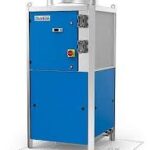
Hydraulic Oil Chiller
Hydraulic oil chillers prevent excessive heat buildup in hydraulic oil during operation. They enhance performance and system longevity. These chillers are crucial for industrial hydraulic systems.
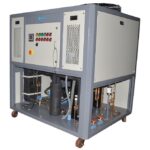
Online Chiller
Online chillers are equipped with remote monitoring technology for optimal cooling. They offer continuous operation and can be controlled via the internet. This reduces downtime and enhances system management.
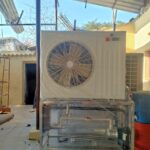
Glycol Chiller
Glycol chillers use a specialized coolant to maintain stable temperatures. They are widely used in industries requiring precise cooling, such as brewing and food processing. This ensures product consistency and efficiency.
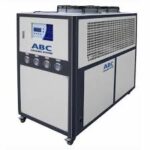
Spindle Chiller
Spindle chillers prevent spindle overheating in CNC machines and similar equipment. They improve machining precision and spindle longevity. Efficient cooling minimizes downtime
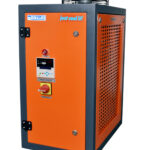
Refrigerated Air Dryer
Refrigerated air dryers prevent moisture-related issues in compressed air networks. They condense and drain water from the system. This helps maintain efficient and corrosion-free operation.
